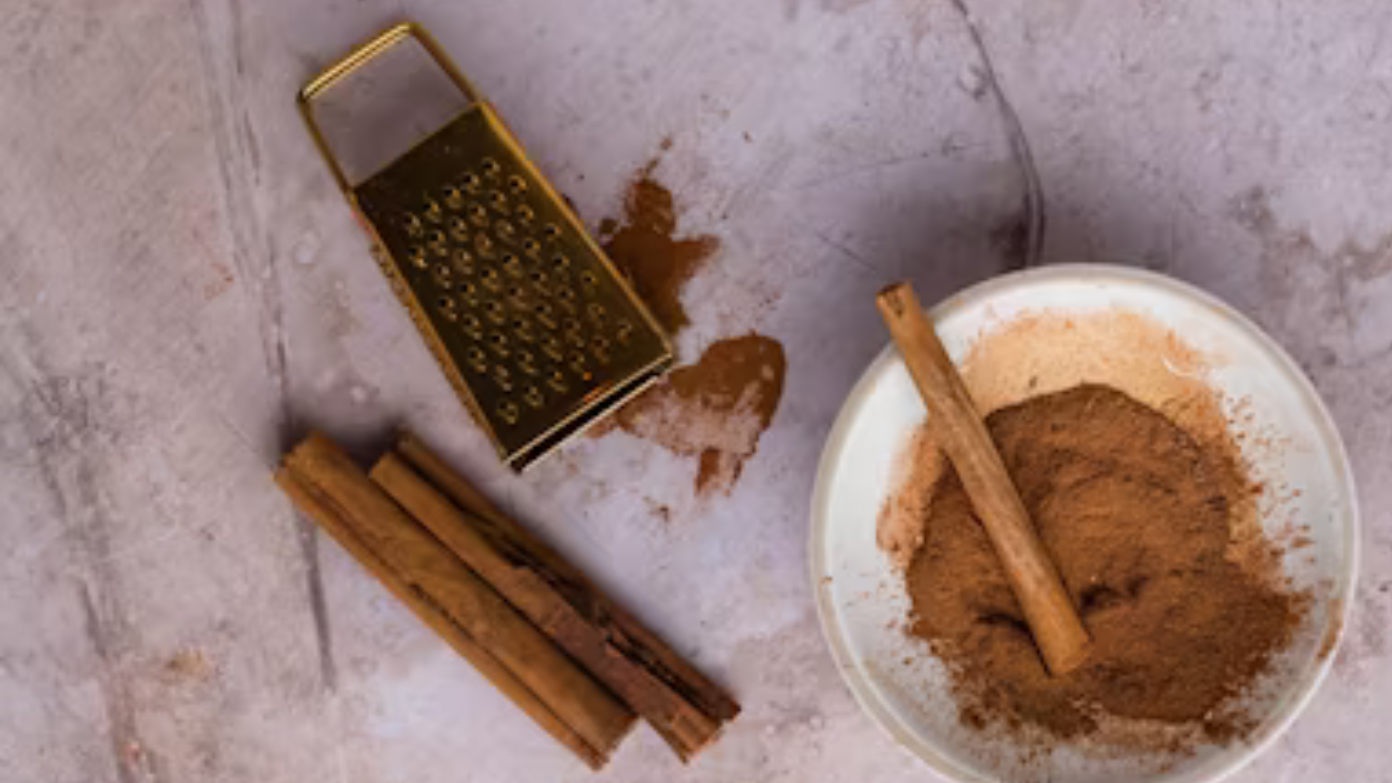The United States Food and Drug Administration has expanded its public health warning for ground cinnamon products after discovering unsafe amounts of lead in additional brands. The FDA on October 10, 2025, announced that HAETAE-brand ground cinnamon and Roshni-brand ground cinnamon contain high levels of lead. This follows a prior announcement on October 8 adding Durra-brand and Wise Wife-brand ground cinnamon as products of concern. Buyers are encouraged to examine their spice racks and discard any tainted ones.
Overview of the FDA’s public health alert
Starting from July 2024, the FDA has routinely tested ground cinnamon products for lead adulteration through state sampling programs and laboratory testing. When elevated levels of lead are confirmed, the agency issues advisories recommending voluntary recalls. Lead is a toxic metal with a cumulative action on the body that results in serious health effects, especially on young children and pregnant women. The FDA’s mission is to prevent further exposure by advising consumers and retailers to reveal the affected products and withdraw them from sale.
Newly added products and lead concentrations
October 10, 2025 additions:
- HAETAE-brand ground cinnamon distributed by Haitai Inc. USA, UPC number 6251136034139, best-by date “BESTBY 020925.” Analysis indicated lead levels of 4.60 parts per million (ppm), or nearly five times the FDA action level.
- Roshni-brand ground cinnamon distributed by Singh Trading Inc. DBA Roshni Foods, UPC number 6251136034139, best-by date “BESTBY 020925,” which contained 2.268 ppm of lead.
Additions made on October 8, 2025:
- Durra-brand ground cinnamon 100 g (Batch No. 06 B:02, UPC code 6251136034139, best-by date May 2026), sold in California and Michigan, with lead levels of 2.44 ppm.
- Wise Wife-brand ground cinnamon (UPC code 0688474302853), distributed to retailers in New Jersey, New York, Florida, Maryland, Minnesota, Oklahoma, and Ohio between February 2024 and June 2025, with 2.49 ppm of lead.
These four products join a growing list of at least sixteen ground cinnamon products under FDA advisories for lead contamination.
Health risks of lead in cinnamon
Lead is an extremely toxic neurotoxin that may slow down brain development, especially in children below six years old. Prolonged exposure to low-level lead by ingestion can result in:
- Neurological impairment such as reduced IQ, learning disability, and child behavior problems.
- Cardiovascular effects including hypertension and increased risk of heart disease in adults.
- Kidney impairment and reproductive toxicity after prolonged exposure periods.
Since ground cinnamon is used repeatedly in baking and cooking, even small levels of lead per serving can translate into significant cumulative exposure over time.
Consumer advice
The FDA advises strongly that consumers:
1. Stop using any HAETAE, Roshni, Durra, or Wise Wife ground cinnamon products listed above.
2. Dispose the product in a closed container to prevent unintended use or cross-contamination.
3. Return store-purchased products to the store of purchase for a refund when possible.
4. Consult a healthcare professional if exposure to lead is suspected, or if symptoms such as abdominal pain, headaches, or fatigue occur.
Retailers take the affected products off store shelves immediately and notify clients of the recall. Home food preparers and food service operations inspect all jars of ground cinnamon and spice blends bearing these brands and toss out any matches so that accidentally serving tainted cinnamon is avoided.
FDA’s ongoing monitoring and future alerts
The FDA continues to collaborate with state partners through the Laboratory Flexible Funding Model to sample ground cinnamon in retail channels throughout the nation. Additional products can be added to this advisory as results come in. Retailers and consumers can look at the FDA’s website for real-time information and high-resolution images of the products to aid identification.
By quickly finding and reporting adulterated products, the FDA aims to safeguard public health and mitigate risk of lead exposure from a common home spice. Consumers are also reminded cinnamon products have long shelf lives; checking cupboard inventories now will prevent months of unintentional lead ingestion.

